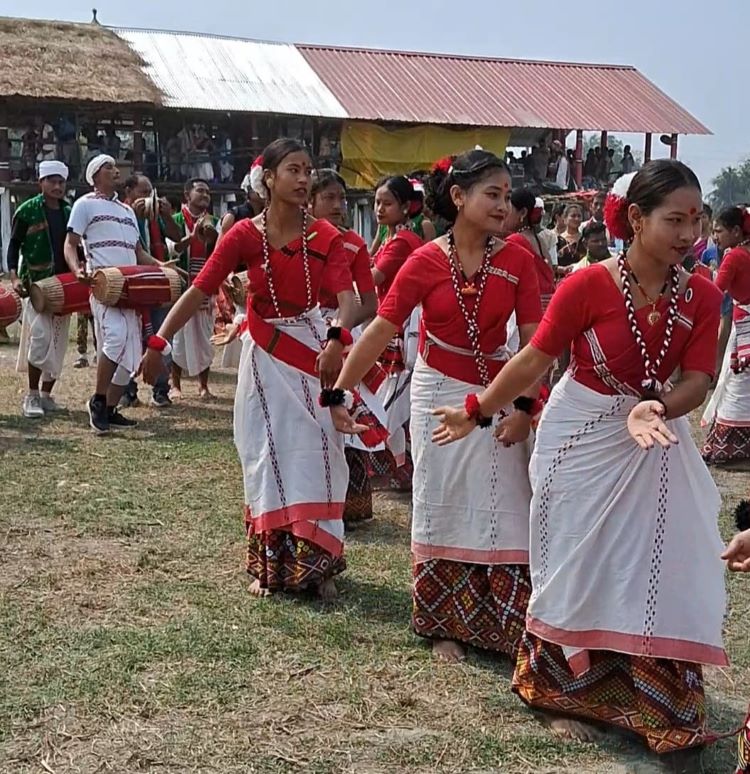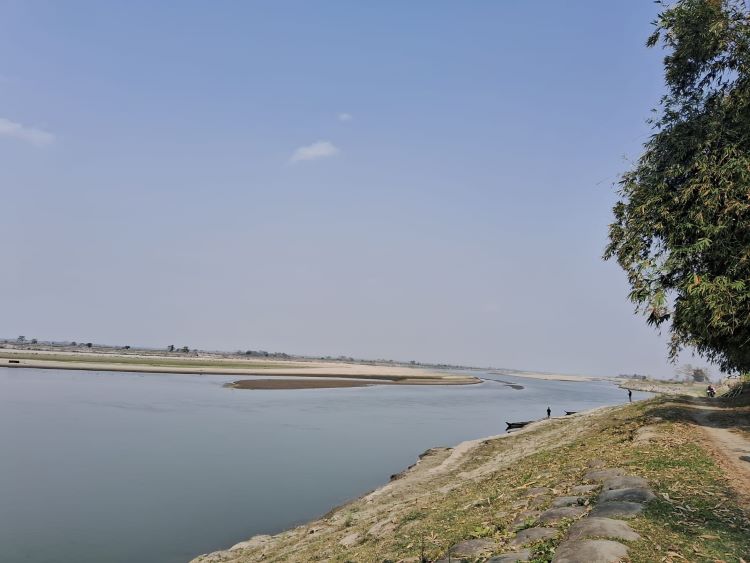-
Courses

Courses
Choosing a course is one of the most important decisions you'll ever make! View our courses and see what our students and lecturers have to say about the courses you are interested in at the links below.
-
University Life

University Life
Each year more than 4,000 choose University of Galway as their University of choice. Find out what life at University of Galway is all about here.
-
About University of Galway

About University of Galway
Since 1845, University of Galway has been sharing the highest quality teaching and research with Ireland and the world. Find out what makes our University so special – from our distinguished history to the latest news and campus developments.
-
Colleges & Schools

Colleges & Schools
University of Galway has earned international recognition as a research-led university with a commitment to top quality teaching across a range of key areas of expertise.
-
Research & Innovation

Research & Innovation
University of Galway’s vibrant research community take on some of the most pressing challenges of our times.
-
Business & Industry

Guiding Breakthrough Research at University of Galway
We explore and facilitate commercial opportunities for the research community at University of Galway, as well as facilitating industry partnership.
-
Alumni & Friends

Alumni & Friends
There are 128,000 University of Galway alumni worldwide. Stay connected to your alumni community! Join our social networks and update your details online.
-
Community Engagement

Community Engagement
At University of Galway, we believe that the best learning takes place when you apply what you learn in a real world context. That's why many of our courses include work placements or community projects.
Anouska Tamuli
Irish Research Council Government of Ireland Doctoral Fellow
 |
Anouska Tamuli (IRC Doctoral Fellow), |
|---|
Thesis Title: Understanding Climate Change in the Context of Indigenous Communities: A Case Study of the Mising Community of Assam
Climate change poses a risk to heritages and places, including Indigenous cultures, threatening an incalculable loss to global human heritage. While this is recognized by UNESCO, there is also the realization that among the traditional practices and worldviews of Indigenous peoples are models of best practice that, scaled up, might benefit all of us. Moreover, climate change is upon us, but marginalized communities, such as those of Indigenous peoples, who are innocent of any major contribution to the crisis, are the ones who will be affected first and most directly. My research involves conducting a case study on the Mising community of Assam to understand how the threat of climate change to Indigenous communities is exacerbated by the echoes of colonialism in governance. It further explores how Indigenous Knowledge Systems can contribute to informing climate action and resilience.
 |
|---|
| A group of Mising women and men performing their folk dance, Gumrag Sonam during the festival of Porag, Assam, India. |
The Mising community have shaped their lifeways around the challenges and opportunities of the wetland ecosystem, developing early flood-warning systems, resource management practices and bespoke architecture. Originally animists, like many Indigenous peoples, they view Nature as intelligent and communicative; their interactions with it emerging from a place of reverence.
Culturally-embedded Traditional Ecological Knowledge has served this community and the environment well. Now, however, climate change and government-led flood mitigation measures on the Majuli river island in Assam (where the case-study will be conducted), based on technological approaches to resource-management, are disrupting their ecological and socio-economic equilibrium, endangering their very existence.
 |
|---|
| A view of the Brahmaputra from Majuli, Assam, India. |
Existing studies, including those on the Mising, focus on Indigenous practices around resource management and how this knowledge can be incorporated into climate action and disaster management. However, without considering the worldview of Indigenous peoples such measures as have been advanced, lose context and a dimension of their application and rationale. Critically, they fail to address the significance of the role of Indigenous worldviews to TEK and sustainability. Certainly, TEK-based climate-resilient practices provide a micro-perspective on climate change and a template for regions in similar socio-ecological conditions. However, such findings are not practically applicable to large urban populations, whose contribution to climate change is the highest and whose behaviours need changing most. Therefore, some thinkers and scholars advocate shifting focus onto the worldview that underpins behaviours.
Thus, my research which involves investigating the correlation between climate resilience and ecocentrism, and critiquing through a decolonial lens, the default of favouring technical solutions over TEK (what has been termed ‘epistemic injustice’) will contribute to the growing canon of historiographical critiques of Eurocentric approaches to knowledge and Nature. This has the potential to encourage a rethinking of the dominant anthropocentric narrative in favour of a more holistic, ecocentric one, refine our understanding of climate change-induced challenges facing Indigenous peoples and explore possible solutions.
Recently published paper:
Tamuli, A. 2024 Traditional Ecological Knowledge, Ecocentrism and Climate Resilience: A Reflection on the Significance of Worldviews in Climate Change. Journal of the Indian Anthropological Society 59 (3), 222-239.
Link to abstract: https://www.indiananthropologicalsociety.org/current-volumes/.



















